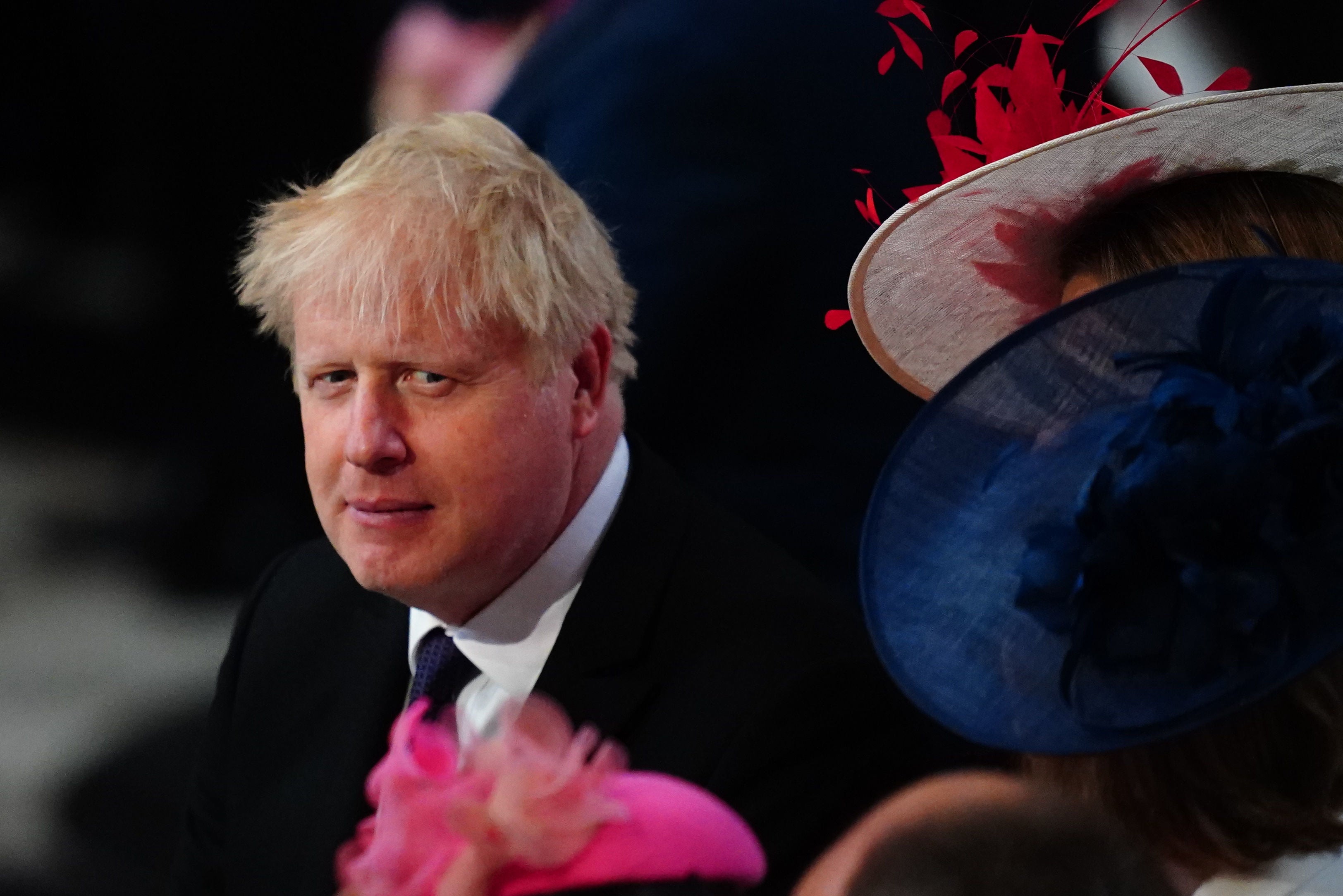Lisa Nandy is right that Boris Johnson has lost control of ‘levelling up’
Editorial: But can the Labour Party convincingly offer a better route to the same goal?

It was never much of a slogan in the first place. Before the last election, Conservative opinion researchers reported that floating voters were unsure what “levelling up” was supposed to mean. When it was explained to them, they interpreted it as an attempt to make their part of the country more like London, which they did not like at all.
On the other hand, it was vague enough to serve a purpose for the Brexit prime minister of a Brexit government. The point of leaving the European Union, ran Boris Johnson’s argument, was to give those parts of the country that had not shared in the prosperity of the international elite a fair chance.
It was poor economics, because EU membership enriched the whole country, but it was crudely effective politics in places where change seemed more of a threat than a promise.
After the election, the prime minister struggled fitfully to make the slogan mean something. By July last year he had given up. We know that because, instead of producing a policy, Mr Johnson renamed a ministry. The Ministry for Housing, Communities and Local Government became the Department for Levelling Up, Housing and Communities, and Michael Gove, a roving ministerial troubleshooter, was put in charge of it.
To be fair to Mr Gove, one of the more creative minds in the Johnson administration, he set about the task of giving the phrase meaning with some enthusiasm. But it was already too late. The Levelling Up the United Kingdom white paper was published in February this year – exactly halfway through the likely duration of this parliament – and only now is the bill about to start its passage. And the bill is a thin and unconvincing piece of legislation.
Lisa Nandy, the shadow levelling up secretary, tells The Independent that the bill reveals that Mr Gove has lost the argument in government – and particularly with the Treasury. “We’ve got a Levelling Up Bill that doesn’t have any levelling up in it,” she says. She has a point. Most of Mr Gove’s creativity and ingenuity has been devoted to abandoning ambitious targets for house building and to rationalising the retreat from reform of the planning system.
The main measure contained in the bill is an infrastructure levy, designed to pay for infrastructure required by new developments, and for social housing, rather than relying on developers to honour complex agreements to provide these things themselves. It is a sensible enough measure, but nothing to do with remedying the unbalanced development of the UK economy over the decades.
To keep up to speed with all the latest opinions and comment sign up to our free weekly Voices Dispatches newsletter by clicking here
Ms Nandy’s alternative is for Labour to deliver the “radical devolution of power” that Mr Johnson promised at the last election. This is smart political positioning, and it may embarrass some Conservative MPs that she appears to be offering a more convincing version of the platform on which they stood last time.
However, there is no more substance to Ms Nandy’s rhetoric than there was to Mr Johnson’s. Devolution on its own, whether “radical” or not, is not a magic answer to the deep-seated problems of people in those parts of the country that say they have lost the local pride they used to feel.
If that is what “levelling up” means, it would be a good project for a new government at the start of a new parliament. But it requires a great deal of serious thinking and hard policy work. Mr Johnson did not do that work before the last election; Ms Nandy and Sir Keir Starmer need to do it now, before the next. They do not have much time.



Join our commenting forum
Join thought-provoking conversations, follow other Independent readers and see their replies
Comments